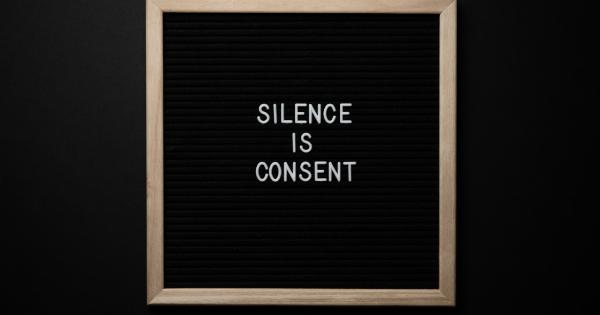Cheating is a common theme in romantic relationships, and while it is often viewed as a negative behavior, it is also prevalent.
A recent survey by the American Association for Marriage and Family Therapy showed that infidelity or extramarital affairs were a problem in 15% of married couples, and in more than one-third of marriages, one or both spouses admitted to cheating on their partner.
Definition of Cheating
Cheating can take many forms, including emotional affairs, physical affairs, sexting, and more. Emotional affairs typically involve a romantic connection with someone other than a partner, even if the relationship is not physically intimate.
Physical affairs typically involve sexual contact, although in some cases, physical contact may not be present. Sexting is another example of cheating – exchanging sexually explicit messages or photos with someone outside of a committed relationship.
Causal Factors for Cheating
There are many reasons why people cheat, and often it’s not a one-size-fits-all explanation. Some people cheat because they are unhappy in their relationship or lack emotional and physical intimacy with their partner.
Others cheat because of a sense of novelty or adventure. Some cheat for revenge or as an act of rebellion against their partner. Financial stress or work-related stress may also lead to cheating.
Gender differences in Cheating Behaviors
Men and women cheat for different reasons. Men are more likely to cheat due to physical reasons, such as a desire for sexual variety. Women are more likely to cheat due to emotional reasons, such as a lack of attention and affection from their partner.
Research also indicates that men are more likely to cheat than women, but both genders are susceptible to cheating behaviors.
The Impact of Cheating on Relationships
Cheating can have profound impacts on relationships, often tearing apart families and damaging trust. Even when couples are able to overcome infidelity, the impacts can last for years, sometimes even a lifetime.
Emotional trauma, resentment, and guilt can linger for those who cheat and their partners.
Preventing Cheating
Preventing cheating is challenging because it is usually a symptom of deeper issues within the relationship. One way to reduce cheating risk is to work on improving communication, trust, and intimacy in the relationship.
Regular date nights and activities to strengthen emotional and physical bonds can also help prevent cheating.
How to Deal with Cheating
Dealing with cheating can be difficult and complicated. For some, the best solution is to end the relationship and move on. Others may be able to work through the issues and rebuild trust and intimacy.
It’s important for both partners to be honest about their feelings and work to understand why the cheating occurred.
Conclusion
Cheating is a complex issue that affects many relationships. While it is often viewed as a negative behavior, it is also a common one that couples must navigate.
By understanding the causes and impacts of cheating, individuals and couples can work to prevent it and deal with the consequences when it occurs.




























